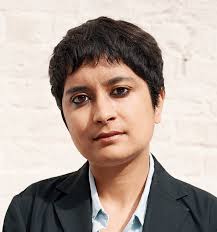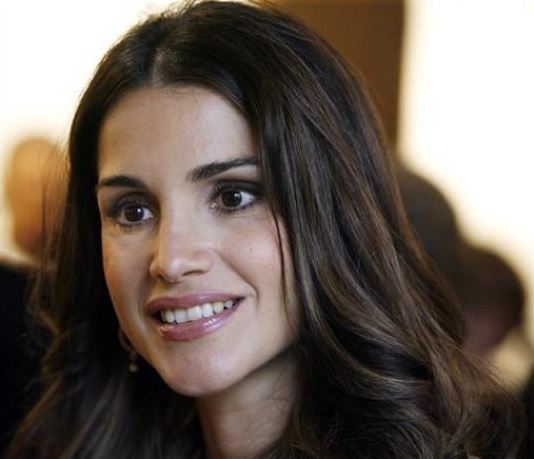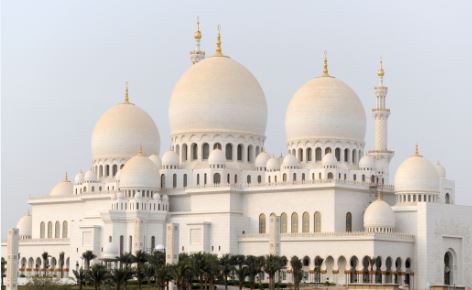[vc_row][vc_column width=”1/2″][vc_column_text]
Jordan
The Hashemite Kingdom of Jordan (official name) is an Arab country situated in the western part of Asia. The country's economy is one of the smallest in the Middle East with an inadequate supply of water, oil and other natural resources which explains the government's heavy dependence on foreign assistance. High unemployment rate and underemployment, government debt, budget deficit and current account deficit are other economic challenges faced by the government. Significant economic reforms were introduced by King Abdullah after he ascended the throne in 1999. The economic reforms included: expansion of foreign trade and privatisation of state-owned companies, which gave foreign investment a fillip and resulted in an average annual economic growth rate of 8% during the period 2004-2008. Over the last few years, however, the country's economy has slowed down. In 2016, foreign debt was equivalent to 93.4% of GDP. Simmering regional instability was behind this substantial increase. There had been a fall in tourism, lower foreign investment, a rise in military expenditure, attacks on the pipeline supplying gas to the kingdom, and expenses incurred on Syrian refugees. The country has the highest proportion of well-educated and highly skilled workers in the Middle East. The influx of 660,000 UN-registered refugees has led to an increase in competition for jobs between the refugees and Jordanian citizens. The Syrian Civil War had a severe impact on the country's top five contributing sectors to GDP: government service, finance, manufacturing, transport, tourism and hospitality. The country is completely dependent on imports for meeting its energy requirements, the majority of which comes from natural gas. In 2016, a $723 million Extended Fund Facility was agreed upon by Jordan and IMF aiming to reduce the country's debt-to-GDP ratio. The program was a success and it prevented the debt from rising above 95% in 2018.
[/vc_column_text][vc_column_text] Its population in 2018 was 9,903,802 [1]
Its population in 2018 was 9,903,802 [1]
 In 2015, 3.23% of its total energy
In 2015, 3.23% of its total energy
consumption was renewable [2]
 In 2021, its GDP grew by 2.21% [2]
In 2021, its GDP grew by 2.21% [2]
 In 2021 it had a negative Current
In 2021 it had a negative Current
Account Balance of US$bn 4.57 [3]
 Its unemployment rate in 2021 was 24.43% [3]
Its unemployment rate in 2021 was 24.43% [3]
 Its Expenditure on R&D (as a percentage of
Its Expenditure on R&D (as a percentage of
GDP) in 2016 was 0.70% [2]
 A Big Mac will set you back the
A Big Mac will set you back the
local equivalent of US$2.75 [4]
What free trade areas or economic unions is it a member of?
Member of the Euro-Mediterranean partnership (EuroMed) since 28/11/1995
Other members:
Algeria, Egypt, Israel, Lebanon, Libya, Morocco, State of Palestine, Syrian Arab Republic, Tunisia, Türkiye
What trade deals are there between Euro-Mediterranean partnership and other countries and economic unions?
None
[/vc_column_text][vc_column_text]What trade deals are there with other countries and economic unions?
Pan-Arab Free Trade Area (from 01/01/1998)
United States - Jordan free trade agreement (from 17/12/2001)
EU - Jordan Association Agreement (from 01/05/2002)
EFTA - Jordan Free Trade Agreement (from 01/09/2002)
Jordan - Singapore free trade agreement (from 22/08/2005)
Agadir Agreement (from 27/03/2007)
Canada - Jordan free trade agreement (from 01/10/2012)
UK - Jordan trade agreement (from 03/05/2021)
[/vc_column_text][/vc_column][vc_column width=”1/2″][vc_column_text]Shami Chakrabarti: The Need for Loyal Dissent
The Queen of Jordan: More Than an Ornament
Arab Countries In Transition: Where are they Heading?
CFI.co Meets Dr. Naseer Shahir Homoud
Trade with the United Kingdom
Source: UK Office for National Statistics, October 2022.
Contains public sector information licensed under the Open Government Licence v3.0.
Loading, Please Wait!
This may take a second or two.


















































































